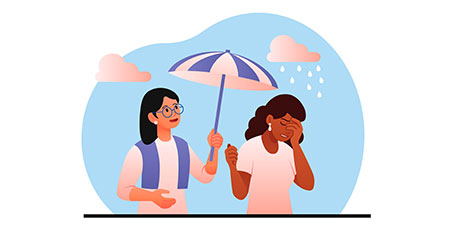
Resources
The MUHC Adult and Pediatric Trauma Programs have developed a series of education pamphlets for patients and families.
- Tips on how to prevent falls in older adults
- Preventing infections after spleen removal surgery
- Understanding the link between alcohol and trauma
- "Think with your helmet" bicycle safety brochure
- Bleeding control techniques
- Spleen and Liver Injuries - What you need to know after you leave the hospital
- Mild Traumatic Brain Injury Information and recommendations
- Tips to Promote Better Recovery from a concussion (mild TBI)
- Traumatic Brain Injury (TBI) Program – Discharge Information
- Traumatic Brain Injury and Alcohol: A Dangerous Mix!
- Montreal Children's Hospital Trauma Centre




